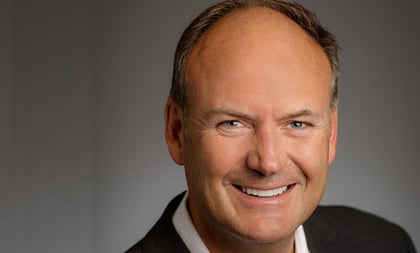A unit of Nationwide Mutual Insurance Company is preparing to jump into the health savings account (HSA) market later this year.
Nationwide — a company known for its annuities, life insurance and property-casualty insurance — is making that move partly because executives there think the company should do what they’re urging financial advisors to do: Start more conversations with consumers about post-retirement health care and long-term care.
John Carter, president of the Columbus, Ohio-based company’s retirement plans business, has been visiting New York this week to talk to reporters about consumers’ hunger for health and LTC cost planning information.
A Nationwide survey report released today shows that many U.S. consumers ages 50 and older, in households with an annual income of $150,000 or more, are hungry for information about how much post-retirement care will really cost, and how programs such as Medicare work. Analysts found, for example, that only 47% of the survey participants clearly understood that people who sign up for Medicare Part B coverage have to pay for the coverage.
About 72% of the affluent, older non-retirees surveyed said they want to know more about Medicare, and 61% said they either plan to discuss health care costs with a professional financial advisor or are at least open to doing so.
“It’s a wake-up call, and an opportunity, for advisors,” Carter said of the survey results. “It’s a terrific time to get new clients.”
(Related: Which Kind of Health Care Advisor Will You Be?)
Carter sees the results of his company’s survey as consumers calling for help.
“They’re saying they’re terrified,” Carter said.
Nationwide’s Nationwide Retirement Institute affiliate has already set up a collection of health care cost planning tools, including a health care cost estimator and an LTC cost estimator, here.









 June 26, 2018 at 01:38 PM
June 26, 2018 at 01:38 PM











